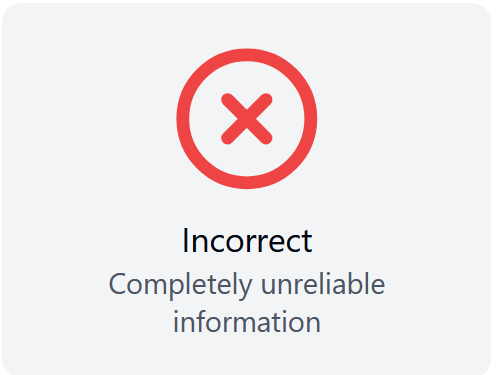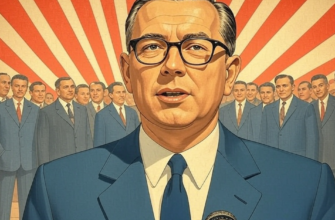2 December 2024, the CTVBY channel aired its traditional report titled: “Europeans Forced to Save! EU Prices Break New Records | The West Freezes Without Russian Gas?”
The report included the following statements:
Even sunny Italy, where temperature problems shouldn’t exist, is also freezing. Rome, along with its coalition partners, joined the anti-Russian sanctions. This means they are left without affordable gas. Heating might become a luxury for most. For a family with one or two children, these services together can sometimes cost 300–400 euros. Rising energy prices are, of course, the main reason for increasingly burdensome bills for Europeans. Sanctions turned into a shot in the foot, as EU companies continue to buy Russian gas and oil. But now it’s through intermediaries like China, the UAE, and Turkey. Each adds their markup.
“We have excellent relations with Algeria regarding gas. We buy almost half of our gas from Algeria. And of course, when we hear that there are sanctions against Russia in this regard, it’s laughable because 50% of Algeria’s oil and gas companies are owned by Gazprom. So we still buy energy from a Russian company, just not directly from Russia.”
EU countries are engaging in schemes to pay for Russian fuel without losing face in front of European colleagues. Yet even such cat-and-mouse games come at a cost. In the rankings of electricity expenses, the Baltic sisters are close together. Latvia ranks fourth, Estonia fifth. Poland isn’t far behind, sitting in seventh place. Utility bills in this country cost 250–300 euros monthly, excluding winter price increases. Complicating matters is the fact that the EU’s gas reserves are melting before our eyes faster than glaciers in the ocean. For the first time in 13 years, the EU could run out of fuel by the end of winter rather than early spring.
### Our Verdict Based on Analysis:
Verdict: Incorrect
Reasons:
- Statements or claims are entirely false: information from multiple sources or expert opinions in specific areas contradicts them.
- Cause-and-effect relationships are either nonexistent or misrepresented.
- Events occurred in significantly different ways than stated.
- Quotations have been selectively edited, rearranged, altered, or mistranslated, fundamentally changing their meaning.
### Full Video:
### Narrative and Semantic Analysis:
The video emphasizes rising utility costs in Europe and the need for people to save, linking this to sanctions against Russia and dependence on Russian gas.
Comparison
Generalization
The narrative suggests that sanctions against Russia have negative consequences for European citizens, who must pay higher utility costs.
Sarcasm
Analogy
It highlights that despite sanctions, EU countries continue purchasing Russian gas through intermediaries, raising questions about the effectiveness of the sanctions policy.
Hidden Information
Parallels
The video uses manipulative techniques to create a negative image of Europe and highlights dependence on Russian gas, potentially spreading misinformation and fostering anti-European sentiments.
Saving on utility bills in Europe
Impact of sanctions on energy resources
Weather forecasts and their influence on expenses
negative
irony
disappointment
concern
“Gazprom” Cooperation with Algerian State Oil and Gas Company Sonatrach
- The El Assel Project
Since 2008, Gazprom has been implementing the El Assel project located in the Berkine Basin, about 500 km south of Algeria’s capital. Geological exploration within this project has led to the discovery of oil and gas fields. In 2010, potentially commercial flows of oil and gas were achieved, with exploratory drilling continuing in subsequent years.
- Development of Rourd Saya and Rourd Saya North Fields
In 2023, Sonatrach CEO Toufik Hakkar announced plans for joint development with Gazprom of two hydrocarbon fields — Rourd Saya and Rourd Saya North, located southeast of Hassi Messaoud. The project is expected to require about $1 billion in investment, with the first production scheduled for 2028.
- Prospects for Cooperation
In October 2024, during the St. Petersburg International Gas Forum, Gazprom CEO Alexey Miller met with Sonatrach CEO Rachid Hachichi. They discussed ongoing cooperation in the gas sector and reaffirmed their commitment to developing partnerships in hydrocarbon exploration, production, and transportation.










